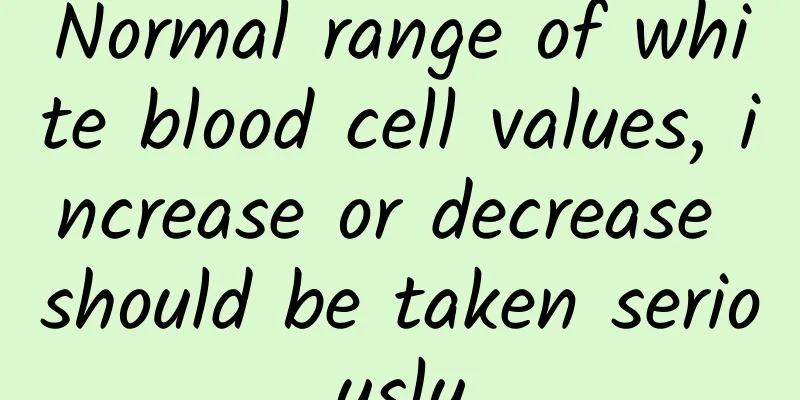What is the situation of kidney shadow?

|
Many people will experience soreness and discomfort in their waist in life, and sometimes they will also have back pain. At this time, everyone will think that they are tired or have not rested well. If this phenomenon occurs frequently, you should go to the hospital for examination, because it is likely caused by cysts around you. When kidney cysts occur, you must actively seek treatment and pay attention to dietary adjustments. Classification of renal cysts Simple renal cyst It may be a congenital abnormality, with one or both kidneys having one or more round cystic cavities of varying sizes that are not connected to the outside world. Most of them are unilateral, so it is called simple renal cyst. The incidence rate may increase with age. 50% of people over 50 years old can be found in this cyst by B-ultrasound. It can be diagnosed with the help of B-ultrasound and CT. Adult renal cyst It is a congenital hereditary disease. The renal parenchyma is filled with countless round cysts of varying sizes that are not connected to the outside world. The cysts contain fluid. The small ones are invisible to the naked eye, and the large ones can be several centimeters. Therefore, it is called polycystic kidney. Symptoms include increased nocturia, low back pain, high blood pressure, etc. Urinalysis may reveal hematuria and a small amount of proteinuria, which often slowly develops into chronic renal failure. 10% of people have kidney stones and 30% have polycystic liver disease. An experienced doctor can confirm the diagnosis with the help of B-ultrasound and intravenous pyelography. Acquired renal cyst It mainly occurs after uremia or dialysis treatment. It has nothing to do with age, but is related to the duration of hemodialysis. The kidneys originally do not have renal cysts. According to literature reports, most patients who have been on dialysis for more than 3 years will develop cysts. There are at least 4 cysts in one of its kidneys, most of which are 2 to 3 centimeters in diameter. Some cysts can become infected or even cancerous, and the diagnosis can be confirmed by B-ultrasound or CT examination. Dietary precautions Be careful not to eat too salty foods (including pickled foods), spicy foods (including peppers, alcohol, shrimps, crabs, etc.), contaminated foods (including rotten and spoiled foods, leftovers, etc.), and barbecued foods. People with renal insufficiency or uremia should also be careful not to eat beans and their products, and limit high-protein animal foods and greasy foods. |
<<: Benefits and effects of kidney care
>>: Blisters on legs like burns
Recommend
How much do you know about the pulse theory and meaning in traditional Chinese medicine?
The most common form of palpation is taking the p...
Early symptoms of blood diseases in children
Blood disease in children is a relatively common ...
Real wild Ganoderma lucidum pictures
The taste of wild Ganoderma lucidum is bitter, an...
Is there any way to reduce the size of the pelvis?
For women, a large pelvis will affect the overall...
Urinary stone pain medication
Urinary tract stones are a type of stone formed b...
Why should Chinese medicine be taken hot?
When we take Chinese medicine, we usually heat it...
What are the symptoms of diaphragmitis?
Diaphragmitis is an inflammation of the pleura in...
Symptoms of major depression
Depression can vary in severity, but the symptoms...
Why is the old man sleeping all the time?
If the elderly sleep all the time, this is also a...
What is the cause of chest tightness, shortness of breath, cough and phlegm? How to treat it?
For people who have chest tightness and shortness...
Side effects of anesthetic for wisdom tooth extraction
Sometimes wisdom teeth need to be removed. Before...
What are some ways to reduce eye bags?
Many people have large eye bags, which may be cau...
How to eliminate acne effectively?
Acne is also called acne, which also means a skin...
White mucus in stool
Although feces sounds like a disgusting word, it ...
Causes of lumbar bone hyperplasia
Nowadays, more and more people are suffering from...









